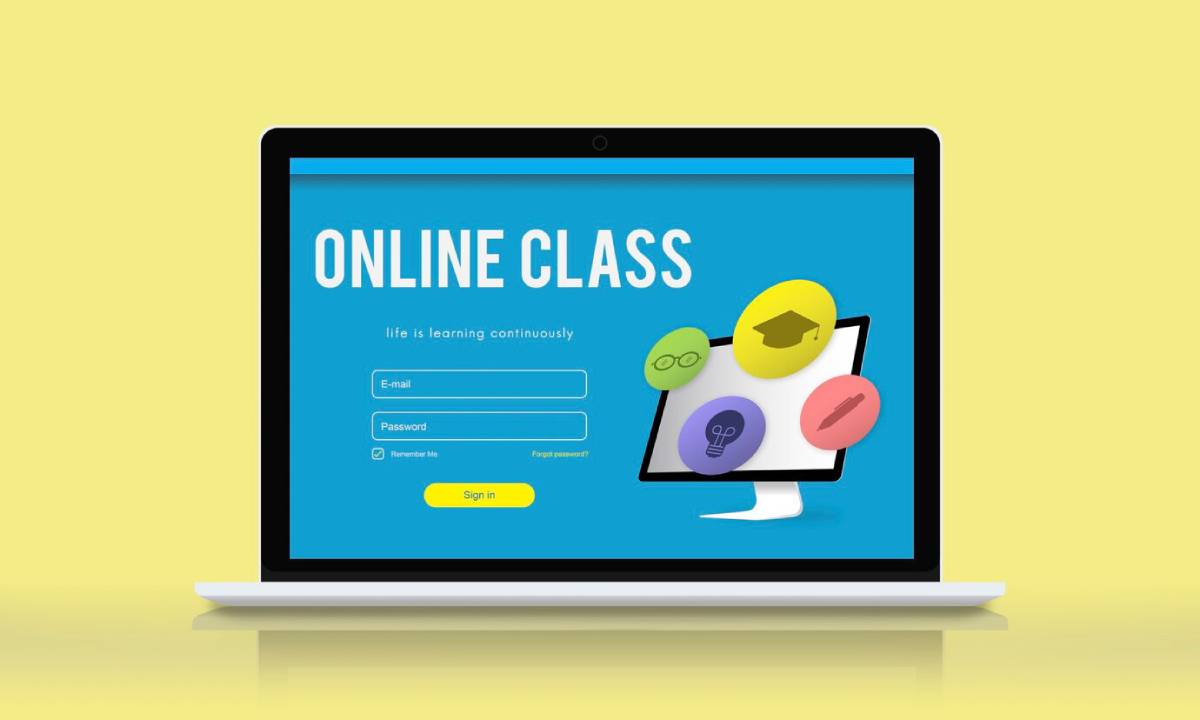
Coursera vs edX vs FutureLearn: Which Is Better?
A Brief Overview of Leading Online Learning Platforms
There is a growing popularity for online learning. The biggest names in this sector are Coursera, edX, and FutureLearn. These platforms offer Massive Open Online Courses (MOOCs) from top universities and institutions. They help millions of individuals expand their knowledge and skill sets. Then again, how does one pick the right one with so many choices?
In this post, we’ll compare Coursera, edX, and FutureLearn. We’ll look at course offerings, pricing, certifications, and user experience. This will help you choose the best platform for your learning goals.

Why It Matters: Choosing the Right Platform for Your Learning Needs
With a wealth of educational resources available online, it’s easy to feel overwhelmed. To succeed in online learning, choose a platform that fits your goals. It should provide you with the right courses, tools, and experience. Whether you’re seeking to boost your career, pick up a new skill, or pursue a formal qualification, choosing the right platform is crucial. Coursera, edX, and FutureLearn have unique features. Knowing how they differ will help you decide.
Key Benefits of Coursera, edX, and FutureLearn
Coursera: Top-tier University Partnerships and Comprehensive Learning Paths
Coursera partners with top universities, including Stanford, Yale, and the University of London. This allows Coursera to provide a wide range of courses. They cover topics like computer science and social sciences, for beginners and advanced learners. The platform’s learning paths offer professional certificates and degree programs. They are perfect for learners who want to explore a subject or change careers.
Key Benefits of Coursera:

- Access to courses from leading universities and companies (Google, IBM, etc.)
- Wide range of certifications and degree programs
- Courses usually include video lectures, quizzes, peer-reviewed assignments, and hands-on projects.
- Financial aid and a free trial option for many courses
edX: A Focus on Quality Education and Lifelong Learning
Founded by Harvard and MIT, edX focuses on providing high-quality, accessible education. The platform features courses from many universities. It is especially recognised for promoting lifelong learning. edX offers well-structured and academically rigorous courses. You can earn a MicroMasters credential or take a short course for personal growth.
Key Benefits of edX:
- Strong emphasis on academic and professional credentials (e.g., MicroMasters, Professional Certificates)
- Verified certificates that can be added to your LinkedIn profile
- Free access to course materials (you only pay for certificates)
- Courses from top universities such as Harvard, MIT, and Berkeley
FutureLearn: A User-Friendly Platform with a Focus on Collaboration
FutureLearn is a UK-based platform. It emphasises collaboration and community learning. It partners with universities, organisations, and experts. This helps create courses that promote active discussions and peer interaction. The platform provides many free and paid courses. It offers flexible learning options, so it’s a great choice for anyone who wants to learn at their own pace.
Key Benefits of FutureLearn:
- Interactive, social learning through discussions and peer feedback
- Short courses in a wide range of subjects, including creative arts, healthcare, and technology
- Opportunities to study with a global network of learners
- Free courses with the option to upgrade for certificates
Comparing Coursera, edX, and FutureLearn
1. Course Variety and Content Quality
All three platforms offer a variety of courses across multiple disciplines, but they differ in the depth and scope of their content.
- Coursera is known for its detailed learning paths and professional certifications. This makes it a great choice for learners focused on their careers. Coursera partners with top universities like Stanford and Yale. So, whether you’re into business, programming, or data science, you’ll find high-quality content.
- edX focuses on academics. It offers courses for people who want specialised knowledge or professional credentials. MicroMasters and professional certificates are standout offerings.
- FutureLearn offers shorter courses. These courses are easy for beginners and great for personal growth. Its courses focus on teamwork and real-world use. This makes it perfect for learners who appreciate working with others.
2. Pricing and Payment Options
Each platform has a different approach to pricing.
- Coursera operates on a subscription model for many of its courses. Some courses offer free access to materials. You will need to pay for certificates or specialisations. It also offers financial aid for eligible learners.
- edX offers free access to course materials. Like Coursera, you must pay if you want a verified certificate. MicroMasters and Professional Certificates are also fee-based.
- FutureLearn offers free access to courses for a short time, usually a few weeks. If you want a certificate or to keep learning after that, you need to upgrade.
3. Certifications and Credentials
Coursera and edX offer the most formal options for earning credentials. They provide university-backed certifications and degrees.
- Coursera provides full degree programs, like an MBA or a master’s in computer science. It partners with universities such as the University of Illinois and the University of London. These programs can be a significant investment, but offer a valuable credential.
- edX offers various academic credentials. These include MicroMasters, professional certificates, and full degrees from top institutions. Its certificates hold weight in the academic and professional world.
- FutureLearn offers certifications for many courses. However, it focuses more on personal and professional development than on full degrees.
4. User Experience and Support

- Coursera offers a polished user interface and structured courses. It has video lectures, quizzes, assignments, and peer interaction. Some users feel the platform can be overwhelming, especially with complex learning paths.
- edX has a slightly more academic feel, with a focus on course materials and assignments. The platform is intuitive but can sometimes feel less interactive compared to Coursera or FutureLearn.
- FutureLearn shines in its community-based approach to learning. The platform fosters discussions. Its clean and simple user interface makes it perfect for learners who enjoy collaboration.
Expert Tips & Common Mistakes to Avoid
Tips for Choosing the Right Platform:
- Identify your goals: Do you want a professional certification, a career change, or personal growth? Coursera and edX work well for formal credentials. FutureLearn is great for flexible learning.
- Check the course structure: FutureLearn is great for interactive learning. However, edx and Coursera offer deeper, specialised knowledge.
- Consider your budget: If you’re on a budget, check the platform’s pricing model and available financial aid options. Most courses are free, but you often need to pay for certificates and credentials.
Common Mistakes to Avoid:
- Don’t just follow the hype: Popular platforms are tempting, but the right choice depends on your learning goals and what you like.
- Ignoring the time commitment: Some courses, especially those with certificates, may take a lot of time. Make sure to check the course duration before committing.
Advanced Insights and Expert Recommendations
To advance your career through online learning, try combining courses from different platforms. This approach offers a well-rounded education. A learner interested in data science can start with basic courses on Coursera. Then, they can explore specialised topics on edx. Finally, they should take a short, practical course on FutureLearn for hands-on experience.
Additionally, don’t overlook the power of peer reviews and discussions. FutureLearn’s social learning lets you connect with others. You can share ideas and get feedback on your work. This interaction helps deepen your understanding.
Conclusion: Choosing the Best Platform for Your Needs
Choosing between Coursera, edX, and FutureLearn depends on your learning style, goals, and budget. For university-backed degrees or professional certifications, choose Coursera or edX. If you want flexible, social, and shorter courses, check out FutureLearn. Check the courses and pricing of each platform. This will help you find the best fit for your learning journey.


